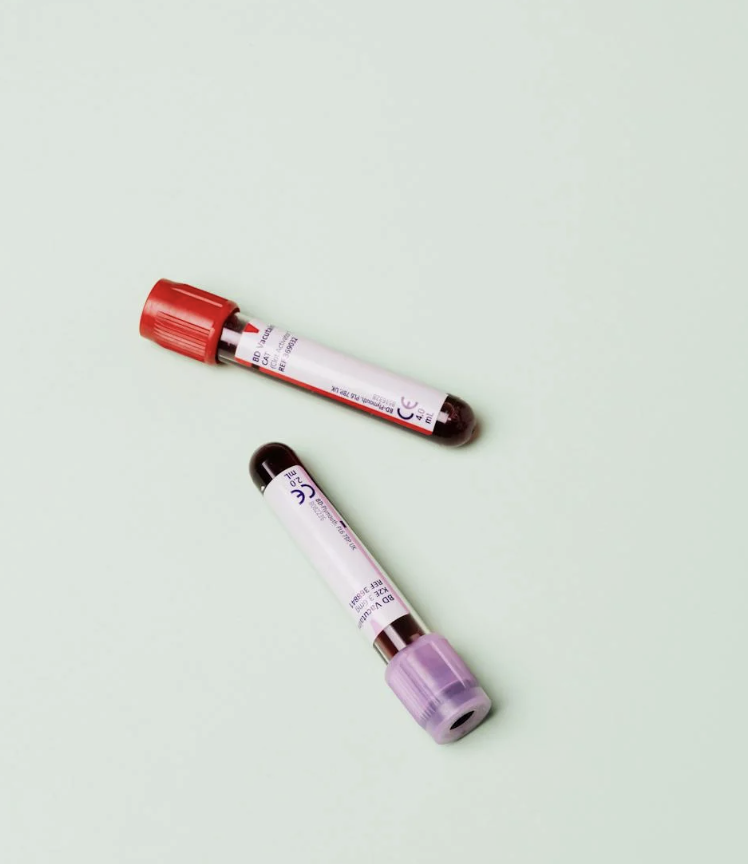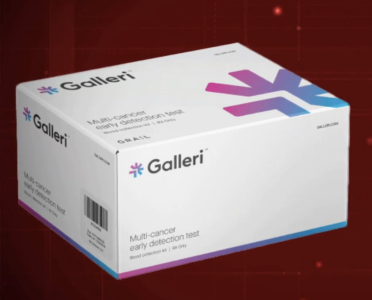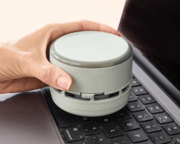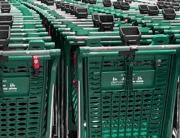
The dream of a simple blood test that could detect dozens of cancers early has taken a major step forward, with new evidence suggesting a controversial screening test is far more accurate than many experts first thought.
The Galleri test—hailed as the ‘holy grail’ for cancer screening—has shown it can identify hidden cases among patients who were initially told they were cancer-free.
Researchers found that more than a third of those thought to have received a ‘false positive’ result actually did have the disease, meaning the test had picked up something traditional scans missed.
This discovery could change how doctors around the world think about early cancer detection.
The breakthrough that changed everything
The NHS trial assessed 6,238 patients who had symptoms their GPs believed could indicate cancer. Each patient underwent standard diagnostic scans and tests, while blood samples were also analysed using the Galleri test—developed by US company Grail.
Doctors didn’t have access to the Galleri results when deciding which scans to order, ensuring an unbiased comparison between traditional diagnostics and the new blood test.
Out of all participants, 79 were initially considered ‘false positives’, meaning the blood test flagged cancer but further testing didn’t confirm it. However, follow-up over two years revealed that 35.4 per cent (28 of those 79 people) were later diagnosed with cancer.
Even more striking, in 27 of those 28 cases, the Galleri test had correctly identified the affected organ or tissue.
Expert reaction
Sir Harpal Kumar, president of International Business and BioPharma at Grail and former head of Cancer Research UK, said the findings show how valuable this new tool could be for general practitioners.
‘This robust data demonstrates the potential benefit of the test as a tool for people presenting with symptoms of cancer, particularly where those symptoms are non-specific,’ he said.
‘Over two years, of the people who were called false positive, over a third of them actually were diagnosed with cancer in that two-year period, of which over half were in the first nine months. This suggests it wasn’t a false positive at all.’
Sir Harpal added: ‘If you add those additional false positive cases back in, it takes the positive predictive value of the test up to 84 per cent, which is remarkable. To put that into context, we currently refer people for urgent investigation and only six per cent of them are diagnosed with cancer. So to have a test that could possibly get you up to 84 per cent, we would argue, would be a very valuable addition and enable much more efficient diagnostic investigation.’
He also noted that the test accurately predicted the type of cancer in nearly every additional case, saying it could help GPs send patients to the right specialists faster and improve early detection.
How the ‘holy grail’ test works
The Galleri test looks for tiny fragments of tumour DNA circulating in the bloodstream. By identifying unique chemical changes linked to cancer, it can potentially detect over 50 types of the disease—often before symptoms appear.
British experts have called it a potential ‘gamechanger’, though they stress that it should complement, not replace, existing screening programs.
The full results will be presented at the Early Detection of Cancer Conference in Oregon, US, but they have not yet been published in a peer-reviewed journal.

Looking ahead
NHS officials have hailed the Galleri test as one of the most promising tools for catching cancers earlier, while Grail maintains it is designed to work alongside routine screenings such as those for breast, bowel, and cervical cancer.
In 2000, about 88,000 cases of cancer were diagnosed in Australia. By 2025, that number is projected to reach around 170,000—a sobering reminder of just how critical early detection and prevention efforts remain.
For Australians watching these developments closely, the findings offer hope that a similar approach could one day enhance existing cancer screening programs.
Have you ever taken part in any of Australia’s free cancer screening programs? Do you think blood-based cancer testing should be introduced in Australia if proven effective? Let us know your thoughts in the comments below.







